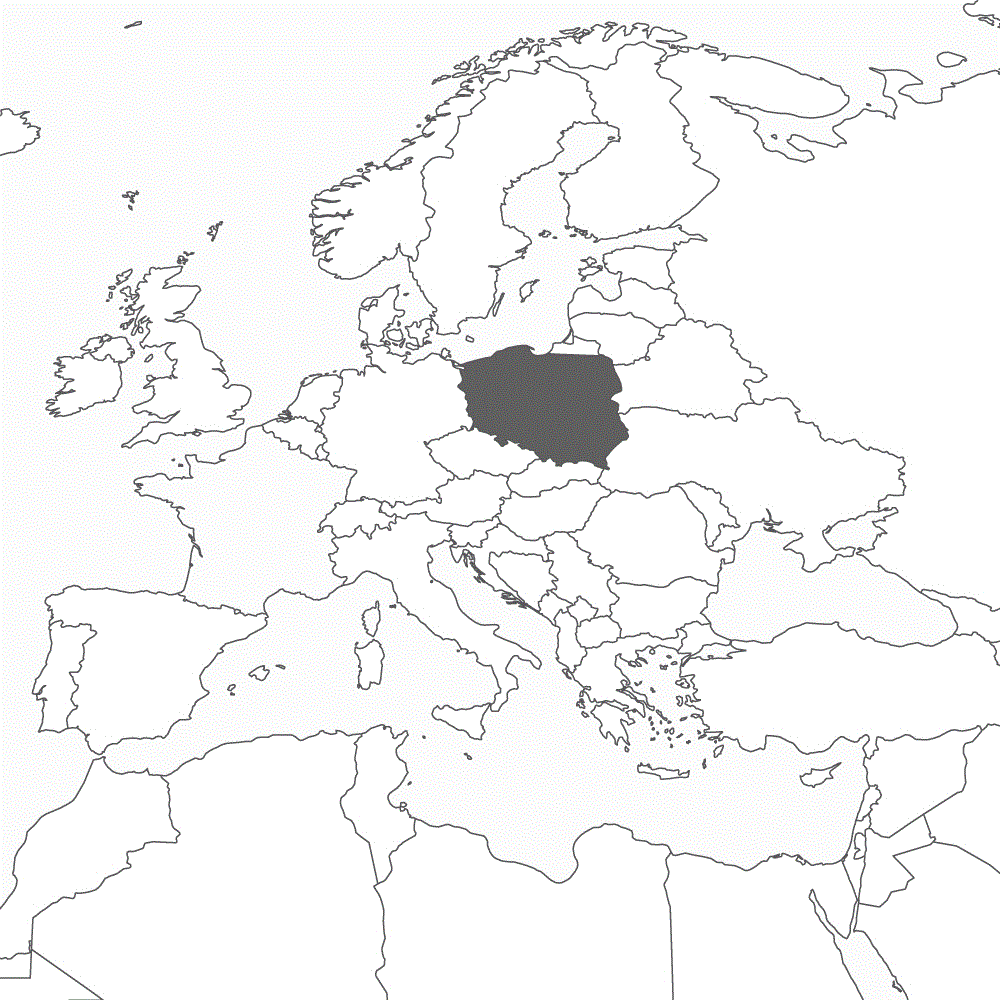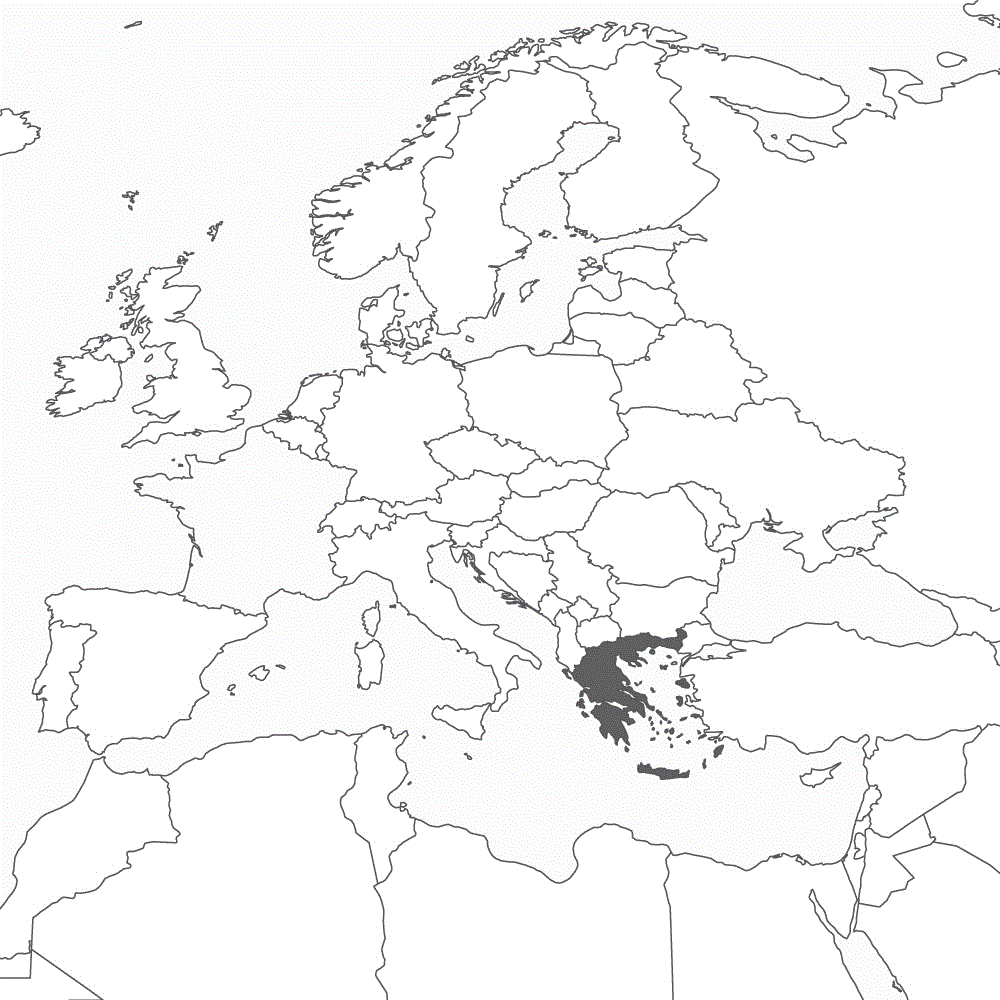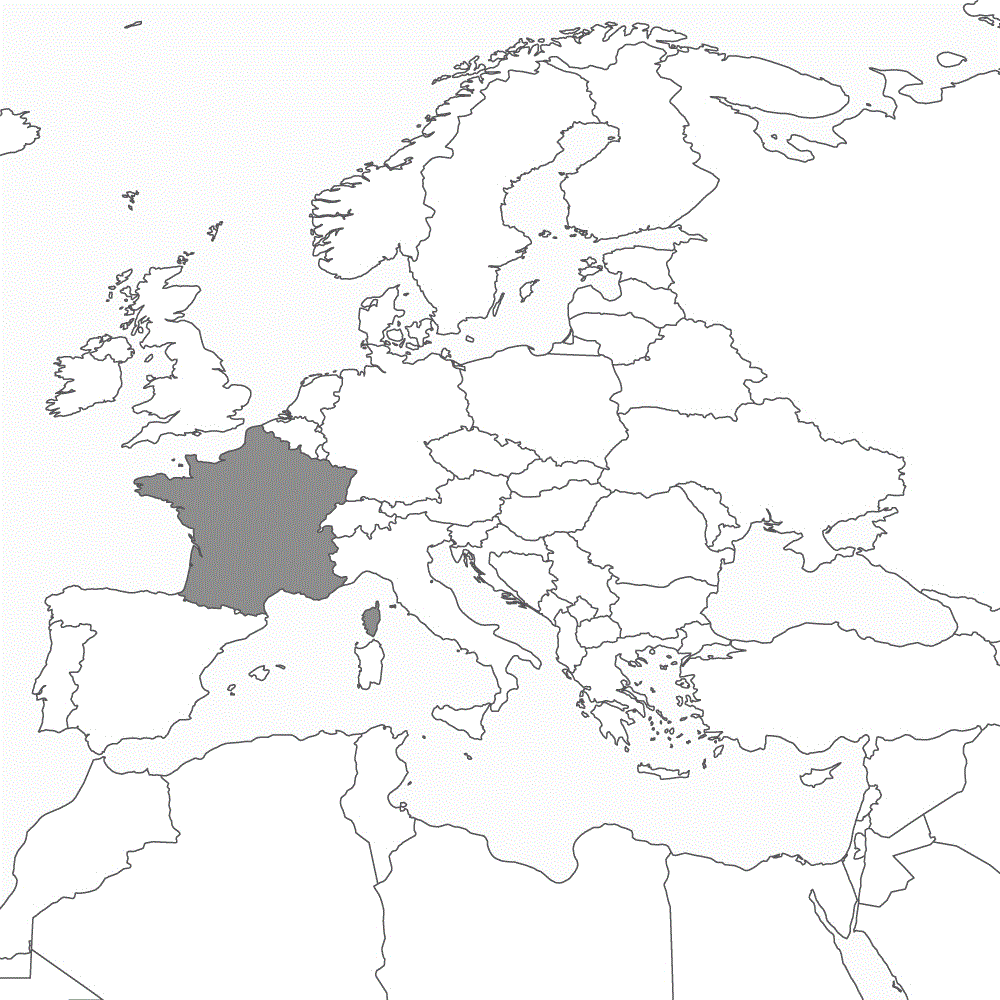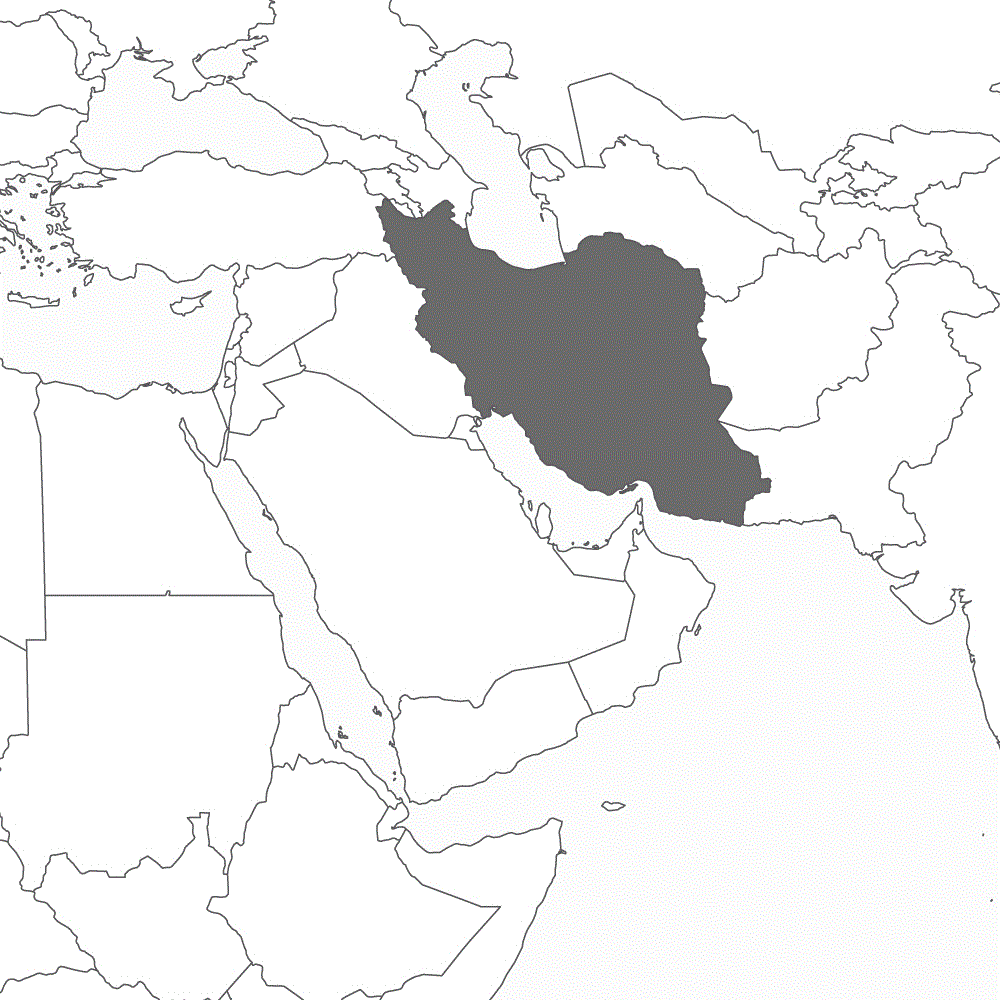BERLIN (Own report) - The program of the Berlin Security Conference, which ended yesterday, included discussions on new steps toward creating an "army of the Europeans," concerns over the possible erosion of the West’s "margin in defense capabilities" vis à vis Russia and China, as well as the role of artificial intelligence in future wars. Unlike the Munich Security Conference, this conference is not oriented on foreign policy but specifically on military policy and the arms industry, with more than a thousand military and business representatives, state officials, and politicians participating. Germany's Defense Minister Ursula von der Leyen used the platform to launch a debate on steps toward limiting parliamentary reservations concerning an "army of the Europeans." In the future, "Europe may have to provide for its own security, perhaps even completely independently" from US support, according to experts. This calls for rapidly enhancement of the use of artificial intelligence in warfare and a "European narrative" to legitimize EU wars. Read more
BERLIN/BEIJING (Own report) - For decades, Uighur separatists, under prosecution currently by the Chinese authorities in Xinjiang, have had their foreign operational base in the Federal Republic of Germany. Exiled Uighurs in Munich had propagated the secession of western China's Xinjiang Autonomous Region - "East Turkestan" - already in the 1970s over the US propaganda broadcaster Radio Free Europe/Radio Liberty (RFE/RL). Since then, the Federal Republic of Germany has become "the central outpost and the most important base for promoting the cause of Eastern Turkestan independence," according to a study on the Uighur exiles, with Munich hosting the World Uighur Congress (WUC), the central outpost of a global Uighur exile network. Its leadership is in contact also with Uighurs in Central Asia and Chinese dissidents in exile in India and maintains relations with officials in Berlin and Washington. A study presented by the US military, concludes that Uighur separatism will hardly be successful - at least, not without outside support. Read more
BERLIN/BRUSSELS (Own report) - Financial experts are warning that, following the extensive breakdown of French initiatives for reforming the common currency area, a euro zone economic slump is possible. Over the past few days, Berlin has supported French President Emmanuel Macron's demands for introducing a euro zone budget - in form, but has eviscerated its contents. For example, the 19-euro zone countries will have a budget of €20 - 25 billion, at the most. This is compared to Macron's demand for a budget in the 3-digit billions, to offset the euro zone's crisis-induced imbalances. Efficient investment programs are hardly possible with a budget of €25 billion. This is all the more serious, with Germany, the economic draft horse of the euro zone, having just recorded a drop in its Gross Domestic Product (GDP). Because of additional serious risks - such as Brexit and the current trade wars - euro zone stagnation looms as a possibility. Observers are advising that, if necessary, the European Central Bank (ECB) should again be prepared to buy state bonds. Read more
BERLIN/WARSAW (Own report) - Poland's ambassador to Germany is raising serious accusations against the Federal Republic. "More than half of the past 100 years of German policy toward Poland have been a disaster," the diplomat from Warsaw declared at a conference in Berlin. He also criticized Germany's dealings with Poland since the 1990s. Germany is pursuing its economic interests in Eastern Europe against Poland, even according to German observers, who themselves are critical of the current Polish government. The German government is also using the EU to achieve its goals against Poland's resistance. Poland's ambassador is now calling for dialog "at eye level" and a new approach to German WWII mass crimes in Poland. Berlin rejects these demands for reparations trying to limit itself to cheap commemoration ceremonies. This also concerns a largely unknown group of Nazi victims - those of the "forced Germanization" of Polish children, who had been abducted to the Reich. Read more
BERLIN/BEIJING (Own report) - The German government is participating in the West's campaign against China's anti-terrorist measures in its Xinjiang autonomous region. The Chinese authorities are taking massive repressive measures against Uighur terrorists and their milieu. They are being held in camps, which Beijing says are "educational centers." Western governments are calling them "re-education camps." Information on how many are being held, range from a few tens of thousands to a million. During his inaugural visit to that country, Germany's Minister of Foreign Affairs, Heiko Maas, publicly criticized China on this question. Beijing objected to Berlin's interference in its domestic affairs. Over the past few years, hundreds and possibly thousands have fallen victim to Uighur separatist terrorism against Han Chinese. Uighur jihadis are also fighting within the ranks of the Islamic State (IS). The Uighur secessionists, who seek to separate Xinjiang - calling it "East Turkestan" - from China, are receiving support from western countries, including Germany. Read more
BERLIN/ATHENS/WARSAW (Own report) - In reference to Greece and Poland's new demands for reparations for Germany's World War II mass crimes, the German government has reconfirmed its blockade on compensations. Berlin maintains that there are no legal grounds for Athens and Warsaw's demands. No reparations will be paid. A parliamentary commission in Greece has estimated that the material damages inflicted during German occupation between 1941 and 1944, amount to €288 billion. The Polish parliament has estimated the destruction caused by the reign of terror during Nazi occupation is at €840 billion. Athens intends to take initial steps before the end of the year to force German government compliance. Germany, in fact, has successfully avoided honoring any of the compensation claims, by using legal finesse and political pressure. At the same time, German authorities are participating in unofficial memorial ceremonies for the victims of the Nazi reign of terror, ostentatiously begging "forgiveness" from the victims - free of charge. Read more
PARIS/BERLIN (Own report) - The European Intervention Initiative (Initiative européenne d'intervention, IEI) initiated by Paris and supported by Berlin, will begin work this week. Representatives of the ten participating states took this decision in the French capital, yesterday. France's President Emmanuel Macron promoted the IEI, aimed at rapid deployment capability, in search of gaining support for his country's over-stretched armed forces. So far, Berlin has been applying the brakes. The German government is focused on systematically merging European troops, for example, within the framework of the EU's "PESCO" projects and integrating European arms industries with the help of subsidies from the EU Defense Fund. In the future EU budget, the EU Defense Fund is to be increased thirty-fold, to more than €17 billion. Despite all the dissention, Berlin (with PESCO) and Paris (with IEI) are both seeking to establish a European armed forces, which can be deployed on a global scale, independent of the USA. Read more
BERLIN/TEHRAN (Own report) - New US sanctions against Iran have come into effect, without the slightest sign of success for the opposition to the US Middle East policy that had been so loudly proclaimed by Berlin and the EU. Berlin had affirmed, it would do everything in its power to secure for EU companies - particularly German - business deals with Iran, thereby safeguard the nuclear agreement while strengthening the standing of German/EU industry in Iran. The latter has completely failed. German business representatives are warning of the "danger" that German business with Iran "could come to a complete halt." If this development continues, China - which during the first round of sanctions, had already become Iran's main trading partner - could further enhance its position in Iran, particularly due to continued oil purchases from Tehran. Contrary to its announcement, the Trump administration did not succeed in entirely cutting off Iranian oil exports. Today, Iran is selling more oil than during the previous round of sanctions. Read more
BERLIN/BEIJING/WASHINGTON (Own report) - Leading German business circles are calling for diminishing economic dependence on China. Even though that country is a "dynamic market" - German companies' largest trading partner and their third largest investment site - it is in a "system rivalry" with the West, according to a recent paper published by the Federation of German Industries (BDI). The BDI is underlining the importance "of minimizing existing dependency" on the People's Republic of China, as Washington is stepping up its economic war against Beijing. German businesses fear that the Trump administration could impose sanctions - like those in the case of Iran - and are, therefore, calling for a gradual withdrawal from China. At a business conference, currently taking place in Jakarta, German business representatives and the Minster of the Economy, Peter Altmaier, are pursuing their search for alternative sites in Southeast Asia. Meanwhile, a prominent US general has predicted that the United States could possibly be at war with China within 15 years. Read more
GERMAN-FOREIGN-POLICY.com
Information on German Foreign Policy: News + Interviews + Analyses + Background
![[Translate to english:] [Translate to english:]](/fileadmin/introduction/images/maps/8_zentralasien/40_china.gif)



